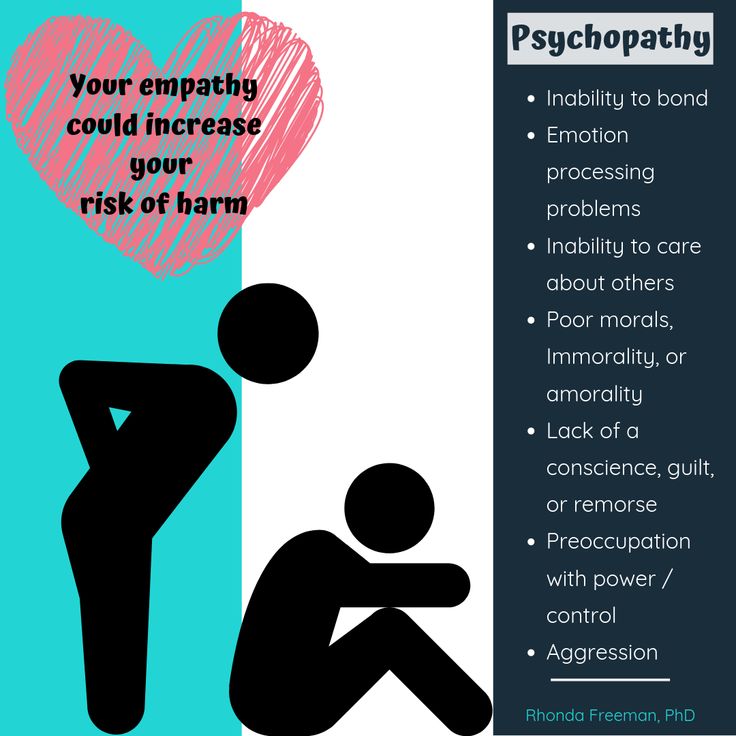How to deal with a psychopath child
Protecting Myself From My Adult Psychopathic Child
By Anonymous
“Your child is not normal”.
Can you imagine feeling happy and relieved at reading these words about your child–words that were written to me by an experienced therapist?
Can you imagine being told by a psychiatrist that the best outcome you could hope for with your adult child is that they never contact you again? The BEST possible outcome?
Can you imagine looking through a stack of saved papers relating to your child and finding articles with titles like: “What drives emotional abuse and how to begin to recover”?
Can you imagine needing to talk to your boss to alert them that they might be receiving an anonymous and malicious complaint about you from your adult child?
I have had all of these experiences.
The reason I was so happy and relieved to be told at last that my child wasn’t “normal” was that I finally knew there was an explanation for the horrible way my child treated me. Unfortunately, the explanation was that my child is psychopathic.
I didn’t know that at the time. But looking back at family photos, I see that the facial expression my child wears in almost all of them is haughty, arrogant, and hostile. Almost never a real smile. Who would want to make such faces?
Now I know the answer: a child who is fundamentally callous. Who does not have normal emotions like joy and love. Who can hurt people without experiencing any remorse. It was frustrating and difficult when they were still young. But having an adult child with psychopathy is all about fear—sometimes even terror.
Emotional fear of my child.
Fear of their constant seething anger, their withering and never-ending insults. My child didn’t like my voice, my cooking style, the way I cleaned the house — and other things I’ve tried to forget. I don’t know what it is with psychopathic children, but several I’ve heard of hate the sound of their parents’ voices. There were other forms of put downs – for example, telling me other people don’t like me and can’t I see that?
And it’s not accidental. There’s malicious intent.
There’s malicious intent.
I remain in physical fear of my child.
Fear that they would try to kill me, and even an idea of how they would do it.
Fear of speaking up to anyone about my experiences–of admitting to anyone that I’m afraid of my own adult child.
Fear of being accused by other people of having created the psychopathy myself, whereas I know that I’m the victim of it and not the cause.
Fear of my child’s false claims that they are scared of me.
Fear of the fake crying, the manipulation of therapists.
Fear of their lying about me to others–the last of which is so humiliating and disgraceful. The false claims that I was an abusive parent–which I believe they loved to say since it garnered so much attention–was so vile.
Fear of the criticisms, of the panic attacks I have had, a result of the way my child treated me.
I have found myself wishing that there was a mistake at the hospital, that somebody could convince me that this child isn’t my biological child. The fact that my body produced this child feels like such a betrayal. How could my own body produce a person who would grow up to abuse me?
The fact that my body produced this child feels like such a betrayal. How could my own body produce a person who would grow up to abuse me?
I have reluctantly come to realize my child doesn’t feel any true affection for me. I was a prop, a tool to get other people’s attention, to become the center of attention, which they crave.
If you have the misfortune to be the parent of a psychopathic child, I know you will recognize elements of your own stories in mine. You will meet people who will doubt your story, or doubt that you tried your hardest to be a good parent, or both. They will think you caused your child’s problems and that you’re getting what you deserve.
I want to make sure you know that there are others out there like you. I am like you. Parents like me understand how demoralizing raising a child with psychopathy often is.
Sure, there are potential treatments and sure, your adult child might improve over time. (Emphasis on might.) But until that happens I am so sorry to say that the best thing you can do to help and protect yourself is to stop wishing for emotional closeness of any kind with your child.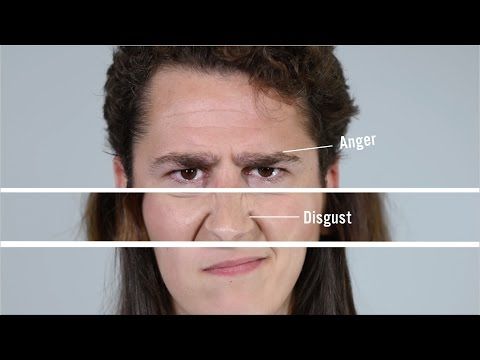 The best thing you can hope for, and the best way to protect yourself from being a target, is to have minimal contact with your child.
The best thing you can hope for, and the best way to protect yourself from being a target, is to have minimal contact with your child.
Specifically:
- I would never let myself be alone with my child, for fear of what they might do, or what they might say I did
- I would never take part in family therapy with my child–there is a good chance that they will manipulate the therapist, and it’s a chance I don’t want to take.
- I never contact my child unless they contact me first. I always reply promptly, but I never initiate.
The failure to implement these measures could potentially be very costly to you, the parent—emotionally, financially, or even physically. As a parent it’s hard to admit, but some adult children are difficult in such a way that parents have to prioritize protecting themselves.
Child Psychopath - Causes, Signs, Diagnosis and Treatment
Generally, most kids do not have psychopathy. Psychopathic traits can be detected from the early stages of childhood. While kids are not born with callous and unemotional traits, two distinct paths can lead to psychopathy in children. One of them is dominated by nature, and the other one is by nurture. No parents would ever want their kids to have psychopathy. Read on to know more about psychopathy in children, symptoms, diagnosis, and treatment.
Psychopathic traits can be detected from the early stages of childhood. While kids are not born with callous and unemotional traits, two distinct paths can lead to psychopathy in children. One of them is dominated by nature, and the other one is by nurture. No parents would ever want their kids to have psychopathy. Read on to know more about psychopathy in children, symptoms, diagnosis, and treatment.
What Is Psychopathy in Children?
Psychopathy is an adult condition; hence children cannot be labeled as a psychopath. Children are not born with psychopathy. The term psychopath describes many behavioral characteristics that specify an individual is dishonest, uncaring, and insensitive. These traits are commonly known as antisocial personality disorder.
Children with psychopathy are impassive and cruel most of the time. Reflection of interpersonal deficits in kids is a serious condition. Parents need to understand the cause and recognize the early signs of a psychopathic child.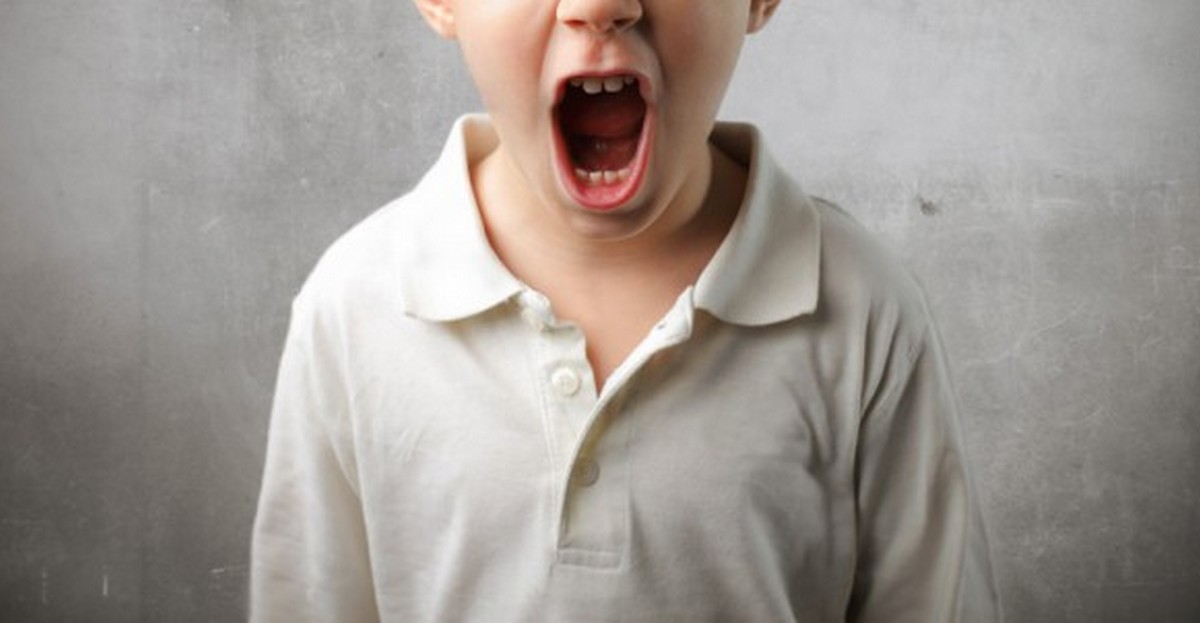 Children can be diagnosed with the oppositional defiant disorder and eventually with conduct disorder in their teens. These involve not following the basic social rules or even violating the rights of others.
Children can be diagnosed with the oppositional defiant disorder and eventually with conduct disorder in their teens. These involve not following the basic social rules or even violating the rights of others.
Psychopathy is commonly associated with males than females; however, it is not a male disorder alone. Also, not all psychopaths are dangerous, or criminal and not all dangerous criminals are psychopaths. For instance, some kids may be downright mean or show uncaring attitudes towards others; however, this might not sign a psychopath.
What Causes Psychopathy in a Child?
It is important to understand what is going wrong with your children. Psychopathy is a behavioral and developmental disorder. There has been a lot of debate around what causes psychopathy in children. However, there is no clear-cut cause that can be singled out. Psychopathy results from a more complex amalgamation of genetic factors, non-genetic (environmental) factors, family dynamics, and other life experiences. Below are some of the commonly known theories and hypotheses that are believed to cause psychopathy in children:
Below are some of the commonly known theories and hypotheses that are believed to cause psychopathy in children:
- Psychopathy develops in children who have been neglected, physically abused, or separated from their parents.
- Lack of bonding between children and parents due to multiple factors can lead to causing psychopathy. For example, parents who are victims of substance abuse or have mental health problems are less likely to bond with their children.
- The brains of some children react differently in different conditions like negative stimuli, sadness, or fear. Thus, they have difficulty relating to the emotions of other people.
- Amygdala is a region and structure of the brain which is responsible for social responsiveness. While research in this field continues, this region may be less active or smaller in children with psychopathy. Hence, they could be less socially responsive and fearless compared to other children.
- Peer victimization is also one of the reasons for children to become unemotional and insensitive.

The above causes are not conclusive; however, they partly explain the causes. When it comes to psychopathy in children, it is important to pay attention to education aspects, social influences, and parents’ actions, all of which, put together, can influence the child’s behavior.
Children who have psychopathic characters show some typical signs. While the children can be extremely intelligent, they tend to be impulsive and behave recklessly. Go through the list of signs and symptoms below if you do not know how to tell if your child is a psychopath.
1. Lacking Empathy
Children who have psychopathic characters will not empathize with others. They will abnormally have decreased sensitivity when they see others in pain and distress. They will not feel guilty about their behavior.
2. Hostility & Aggression
The child will show extreme aggression when anger or punishment is meted out on them.
3. Indifferent To Punishment
Being indifferent to punishment is a common tendency in children with psychopathic symptoms.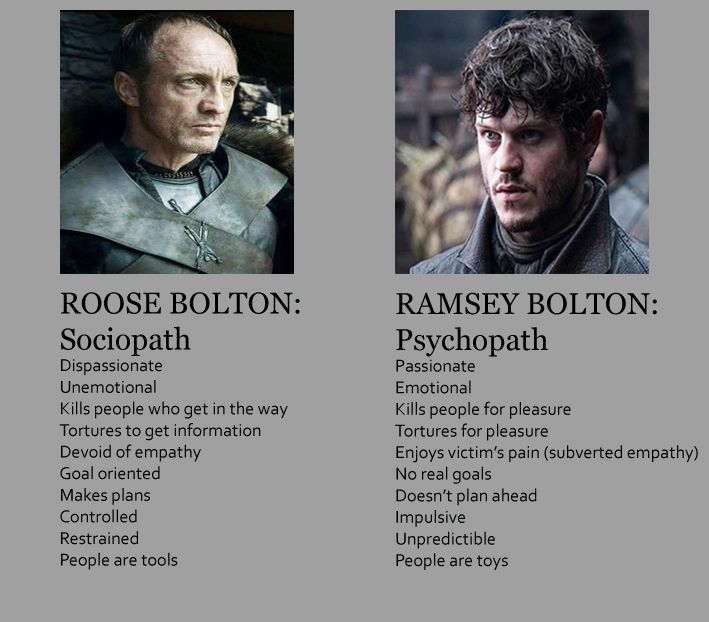 It does not change the child’s behavior.
It does not change the child’s behavior.
4. Throwing Tantrums
Due to their aggressive nature, children with psychopathic symptoms often throw extreme tantrums at others.
5. Continuously Lying
Lying becomes a habit in children, and they are often dishonest with others irrespective of who they are.
6. Cruelty Towards Animals
One of the earliest indicators of psychopathic symptoms in children is showing cruelty to animals. Due to a lack of empathy and indifference, the children exhibit such antisocial behavior.
7. Superficially Charming
Children with psychopathic symptoms can very easily and excellently manipulate things to their advantage. Such skills in them also give them a superficially charming personality.
8. Show Criminal Conduct
Children with psychopathic symptoms can increasingly have a criminal mentality. There could be a rise in recurring problems with the law.
Diagnosis of Psychopathy in Children
Numerous checklists have been developed to identify and diagnose children with psychopathic conditions. The most commonly used diagnostic tools for screening psychopathy in children are Hare’s PCR (Psychopathy Checklist-Revised), YPI (Youth Psychopathic Traits Inventory), and (APSD-SR) Anti-Social Process Screening Device – Self Report.
The most commonly used diagnostic tools for screening psychopathy in children are Hare’s PCR (Psychopathy Checklist-Revised), YPI (Youth Psychopathic Traits Inventory), and (APSD-SR) Anti-Social Process Screening Device – Self Report.
YPI Test is the most commonly used questionnaire to assess psychopathic symptoms in children and adolescents. YPI is a self-report tool that is given to adolescents where they answer questions about themselves. There are ten subscales in the questionnaire combined to gauge three personality traits like Behavioral, Interpersonal, and affective traits. YPI test has proved to be reliable in diagnosing.
The test assesses the below symptoms in the ten subscales:
- Insensitive
- Manipulation
- Lying
- Impulsiveness
- Irresponsibility
- Dishonest Charm
- Thrill-seeking
- Grandiosity
- Remorselessness
It is crucial to note that no single psychopathic trait or behavior can label a child as a psychopath. However, it is a collection of traits to indicate psychopathy in children.
However, it is a collection of traits to indicate psychopathy in children.
Treatment to Take
Psychotherapy is treatable. Psychopathy in children can begin from a very early stage of their life. First victims of children are usually their siblings, parents, or other companions. While they can learn to control their anger, they might not be able to do so in the long run.
Psychotherapy in children needs to be treated in a variety of ways. It is always advisable to take the professional help of a doctor, pediatrician, or someone who specializes in Mental Health services. They will effectively be able to gauge, diagnose and treat the symptoms of the child. The different means would include behavioral skills training, psychotherapy, problem-solving skills, the importance of empathy, and emotion recognition.
“Can child psychopaths be cured?” is a question that often hits the parents of psychopathic children. There are different choices of treatments that can suit any individual’s therapy.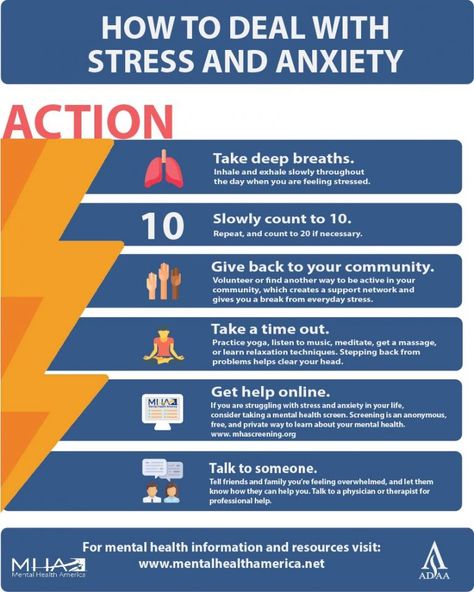 Below is more information on some of the choices of treatment:
Below is more information on some of the choices of treatment:
- Family Intensive Therapy: These are therapeutic methods that help affected children develop skills to succeed in relationships, behavior, and managing emotions. This is a collaborative therapy between the child and their parents to help them accommodate the unusual needs of the child. Multi-systemic family therapy reduces a psychopathic child’s risk of engaging in criminal behavior. Family integrated therapy can help reduce socially aggressive behaviors and help them focus on the importance of family relationships.
- Individual-based Therapy: This is the most psychotherapy that is considered on focusing on the individual in particular. This therapy does not limit to just children but also people of any age group. This therapy involves the identification of patterns of behavior, thought processes, relationships, daily life situations, regulation of emotion, and other post-traumatic experiences.
 After that, guide the child on how to respond effectively to these challenging situations. This method is also used for treating different personality disorders and for people with psychopathy who are at high risk.
After that, guide the child on how to respond effectively to these challenging situations. This method is also used for treating different personality disorders and for people with psychopathy who are at high risk. - Residential Therapy: This method usually comes in handy to treat psychopathic children and adolescents when family or home-based methods do not benefit. Parents always need to consult the healthcare provider to understand if their child needs residential therapy. The doctor can suggest the best residential treatment facilities for their child. This method works well when multiple complex issues need to be treated. There is a lack of support from the community and safety concerns. Residential treatments are usually expensive; hence parents can consider funding options like health insurance, Medicaid, state-funded programs, etc.
- Medicines: Medicines do not cure psychopathy but will help to subside and reduce the symptoms of psychopathy.
 Medicines are to be considered after all other possible ways of interventions do not work. Health care providers and therapists are the best to decide about the usage and limit of medicines. Medicines will not work equally on everyone, and they may also have side effects. Generally, medications like antipsychotics, psychostimulants, or mood stabilizers are often prescribed to reduce the symptoms of psychopathy. Keep in mind, do not try using medicines on your own. Always consult your health care provider.
Medicines are to be considered after all other possible ways of interventions do not work. Health care providers and therapists are the best to decide about the usage and limit of medicines. Medicines will not work equally on everyone, and they may also have side effects. Generally, medications like antipsychotics, psychostimulants, or mood stabilizers are often prescribed to reduce the symptoms of psychopathy. Keep in mind, do not try using medicines on your own. Always consult your health care provider.
Tips to Deal With Psychopathy in Kids
Parents or caregivers need to be extremely calm and composed when dealing with psychopathy in kids. It is generally a challenging task to maintain a good balance of love, tact, and therapy. Even when there is a professional intervention, parents have a critical role in managing the different psychopathic conditions in their children.
- A child showing a lack of empathy and remorse gives them a chance to be compassionate, kind, and empathetic towards others.

- Make the environment at home positive and child-friendly, allowing the child to work on relationships with family members.
- Identify the strengths and weaknesses of your child. Ensure to work and boost the strengths.
- It is best not to embarrass your child in front of others; avoid belittling them, putting them down, or even reprimanding them in public.
- Teach positive coping strategies to your kids who show symptoms of manipulation
- Teach your child how to identify and express their rage appropriately and healthily.
- It’s important to make your child feel special and wanted. No matter what happens, they are still loved and accepted in the family.
- Work on every instance of gaining the trust of your child. This will go a long way in fostering positivity and make them feel everyone is on the same side.
- It is a good idea not to mete out severe punishments on your child.
- You may notice your psychopathic child is experiencing delusions and is showing signs of being in a fantasy world with superpowers.
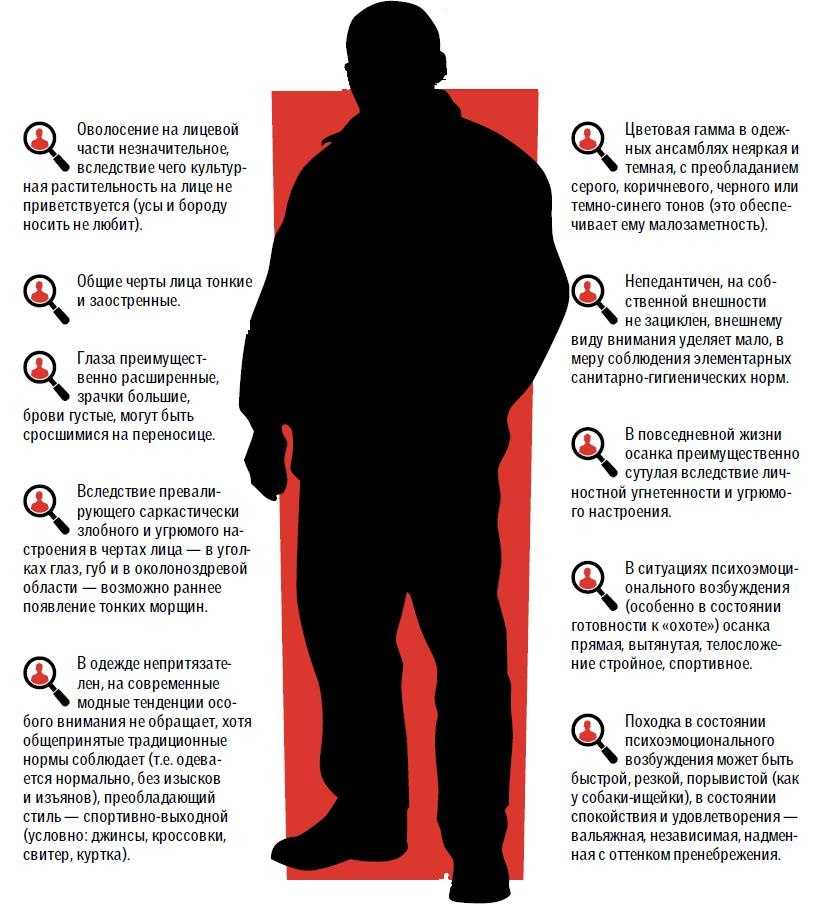 Do not delay; contact a child psychologist immediately. Professionals will help these children to think and look at things more realistically.
Do not delay; contact a child psychologist immediately. Professionals will help these children to think and look at things more realistically.
When to See a Doctor?
Keeping an eye on your kids, keenly observing the behavioral patterns are important. You could notice your child hiding things or lying on multiple occasions. These always necessarily do not indicate your child has psychopathy. However, when such symptoms repeatedly occur, showing cruelty towards animals and people, exhibiting lack of empathy, being in a remorse state often, or behaving very callously, it is advisable to see a psychologist or a pediatrician doctor. The treating doctor will perform a comprehensive evaluation to gauge and guide you in the best manner to have the symptoms treated effectively.
Parents can notice the signs of psychopathy in their child from a very early stage, as early as a toddler. While one child may show just one symptom of psychopathy, other children may show more than one symptom.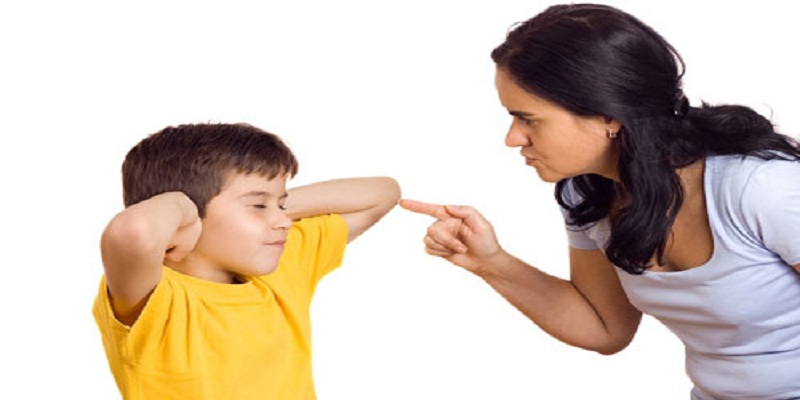 Early detection and treatment of the psychopathic condition in your child will make a big difference in their lives and the people living around them. Children develop psychopathic traits even before they turn 16. With the right care and the right treatment at the right time, psychopathic traits can be reduced or even cured. So, even if you have a psychopath in your house, do not be alarmed and get assistance from the right people, and everything will be well.
Early detection and treatment of the psychopathic condition in your child will make a big difference in their lives and the people living around them. Children develop psychopathic traits even before they turn 16. With the right care and the right treatment at the right time, psychopathic traits can be reduced or even cured. So, even if you have a psychopath in your house, do not be alarmed and get assistance from the right people, and everything will be well.
Also Read:
Dyscalculia in Kids
Absence Seizures in Kids
Post-Traumatic Stress Disorder in Children
Is the child a psychopath? What to do?
Posted on February 15, 2019 - Marina Osborne
Viewers of my channel and members of my Facebook group often ask the question: “What if the child is a psychopath?”
Firstly, a child and a teenager before they reach 18 years of age, in principle, do not receive such a diagnosis. “Psychopath” is an outdated term commonly used to refer to people with antisocial or antisocial personality disorder. This type of personality disorder also includes malignant narcissism. nine0003
This type of personality disorder also includes malignant narcissism. nine0003
Before reaching puberty, the psyche and character of a child and adolescent are in the process of formation. Before the age of 15, specialists can diagnose a child's or teen's bad behavior that is out of the norm. The diagnosis is called conduct disorder. For individuals over 18 years of age, a diagnosis of conduct disorder is made only if there are no diagnostic markers for antisocial personality disorder. Between 15 and 18 years is a kind of "interim" period when a teenager turns into an adult, choosing a model of behavior and a way of interacting with the world and society, in particular. nine0003
Secondly, if your child has been showing signs of a conduct disorder since childhood, don't rush to brand him with any diagnoses like "psycho", "schizo", "psychopath" and the like. First of all, you will have to accept the child no matter what he is, until he becomes independent and independent of you.
The best upbringing and the guarantee that the child and adolescent will overcome all crises of behavior, negative social stereotypes and temptations are not words, but from early childhood involving the child in their adult affairs, demonstrating by deed, and not by words, the rules and principles of normal healthy behavior and interactions with other people. Do the cleaning, cooking, socializing with other adults - let the child be present and be involved in all these natural processes. nine0003
Do the cleaning, cooking, socializing with other adults - let the child be present and be involved in all these natural processes. nine0003
It is also necessary to teach the child from early childhood to respect both his own and others' boundaries. If you, as a parent, yourself constantly violate the boundaries of the child (physical punishment, destruction, breakage or damage to objects and things of your child, insults, immoderate and inadequate manifestations of love or even physical attraction to the child, overprotection and overcontrol, mockery of attachments, hobbies, choice of the child, and so on), then you yourself provoke the child’s behavioral disorder at first, and subsequently the antisocial disorder of his personality. This does not mean that the parent is fully responsible for how the child grows up. If we take any family with two or more children, we can almost always observe such a picture that children who received the same upbringing from the same parents, in the same social environment, very often grow up completely different from each other. to each other in character and behavior. Brothers and sisters almost always, with rare exceptions, have different fates, different temptations and trials, and different life endings. In low-income alcoholic parents, children often become rich and successful, and in families of hereditary intellectuals or successful wealthy businessmen, children sometimes grow up and turn into criminals, drug addicts and outcasts. nine0003
to each other in character and behavior. Brothers and sisters almost always, with rare exceptions, have different fates, different temptations and trials, and different life endings. In low-income alcoholic parents, children often become rich and successful, and in families of hereditary intellectuals or successful wealthy businessmen, children sometimes grow up and turn into criminals, drug addicts and outcasts. nine0003
A parent is responsible for his or her child until the child begins to lead an independent life. But parents cannot control absolutely everything that happens outside of his parental control.
In addition to genetic predisposition, your child is subject to social influences. This is the second significant risk factor that shapes the future co-iopath/psychopath/malignant narcissist. Therefore, every parent should keep abreast and be aware of what is happening outside the home. nine0020
Answer honestly to yourself regarding your child the following questions:
How do the teachers and nannies behave in the kindergarten?
How do the school administration, teachers and classmates behave?
Who does the child communicate with on the street?
Where does the child get information about what is not customary to discuss with parents?
With whom and under what circumstances does a child experience first sexual encounters: from the first kiss to petting and deflowering? nine0028
What does a child find and learn online when they get their first device and Internet access?
Who introduces the child to smoking, alcohol and illicit drugs and under what circumstances?
Who and how traumatizes a child outside the family?
Remember your own childhood. Answer the same questions about yourself. And you will understand that even the most super good and super correct parents are not a 100% guarantee that their child will grow up the way parents want him to be. Whatever illusions we have about our children, we have to admit one day that our children have their own path, their own life, their own destiny, for which we cannot be responsible after the child has become an adult. nine0003
Answer the same questions about yourself. And you will understand that even the most super good and super correct parents are not a 100% guarantee that their child will grow up the way parents want him to be. Whatever illusions we have about our children, we have to admit one day that our children have their own path, their own life, their own destiny, for which we cannot be responsible after the child has become an adult. nine0003
The genetic condition of psychopathy makes children with such disorders of character and behavior special. They can show unmotivated cruelty towards animals and other people from early childhood, they can be extremely impulsive and uncontrollable, they can be too selfish and pathologically deceitful, they can poison other children and mock defenseless adults - homeless people and infirm old people. Even this does not give parents the right to diagnose a child as a psychopath. When such a child becomes an adult, and despite all your efforts, despite all your love, he will show signs of antisocial behavior, try to get an answer-diagnosis from a specialist.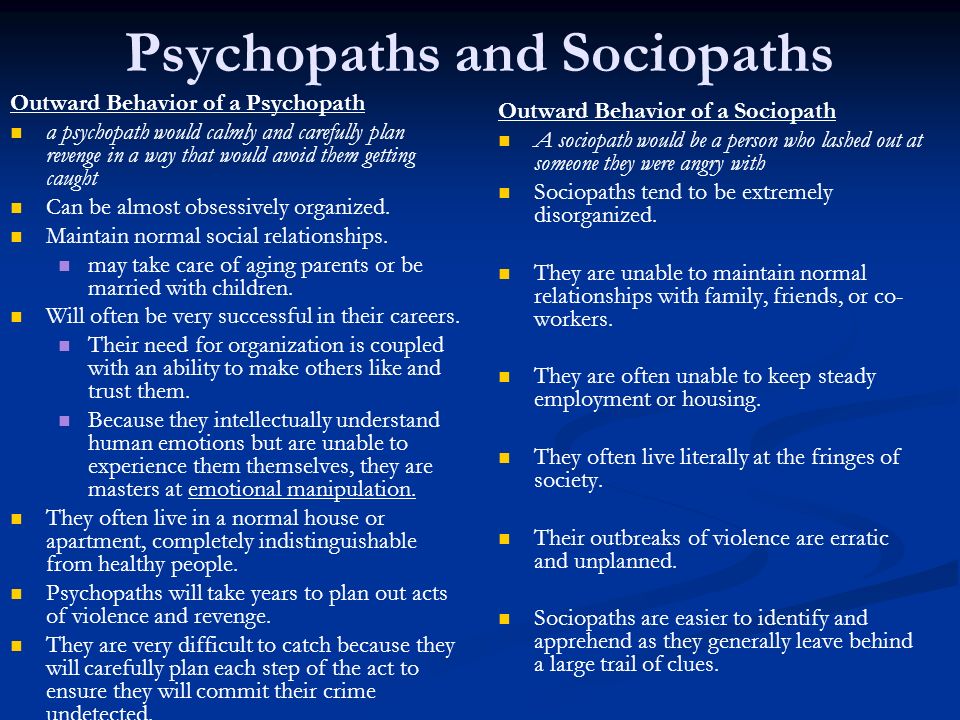 And if the diagnosis is confirmed, then the best thing we can do for ourselves is to minimize communication with such an adult, your child. From that moment on, he psychologically and energetically ceased to be your child. Even worse, if he is a psychopath or a malignant narcissist, he may be your enemy. A real enemy who knows your weaknesses and vulnerabilities very well. He will professionally manipulate you until you are completely destroyed in order to get everything he can from you, and then forget you exactly until the moment when you may be needed again. The sacrifice of most parents knows no bounds. Feeling guilty towards their children makes them give up their own lives, their goals and desires, and become literally a servant of such a toxic child turned into a monster. nine0003
And if the diagnosis is confirmed, then the best thing we can do for ourselves is to minimize communication with such an adult, your child. From that moment on, he psychologically and energetically ceased to be your child. Even worse, if he is a psychopath or a malignant narcissist, he may be your enemy. A real enemy who knows your weaknesses and vulnerabilities very well. He will professionally manipulate you until you are completely destroyed in order to get everything he can from you, and then forget you exactly until the moment when you may be needed again. The sacrifice of most parents knows no bounds. Feeling guilty towards their children makes them give up their own lives, their goals and desires, and become literally a servant of such a toxic child turned into a monster. nine0003
Back to the question that made me make this video: how to deal with such children? If your child is over 18 years old and shows signs of a psychopath or narcissist, do your best to live separately and keep communication to a minimum.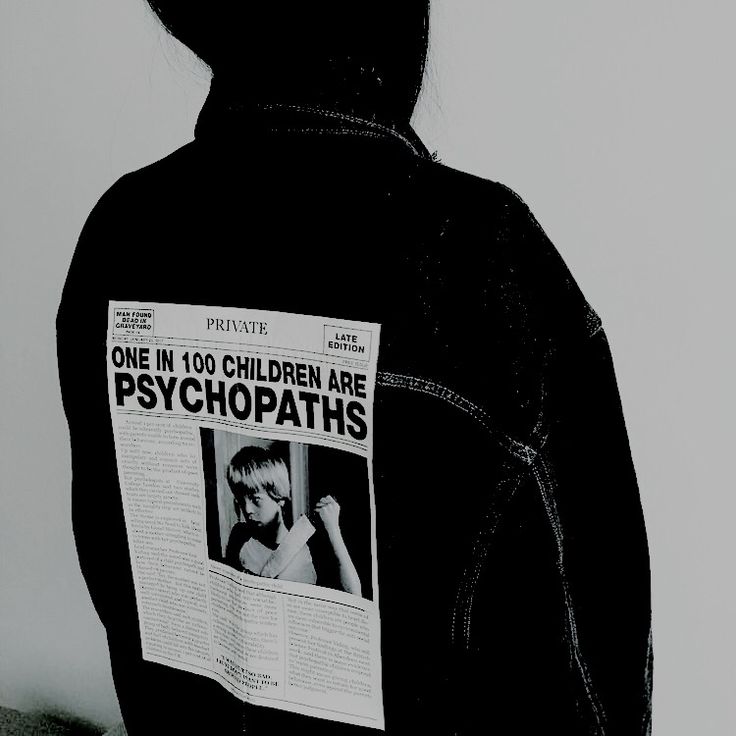 My answer concerns relationships with special children who are under 18 years old.
My answer concerns relationships with special children who are under 18 years old.
1. From early childhood, respect the boundaries of your child's personal space and in the same way respect your boundaries and do not allow even your child to violate them. We are talking about all kinds of boundaries: physical, emotional, intellectual, personal space, value. nine0003
2. Do not allow a child to hurt other living beings . Explain how other people and animals feel. If your child is being bullied by others, take all measures to protect yourself. If your child himself mocks others and offends children evilly, then you have most likely already allowed the “Pandora’s box” to open, and it will be difficult to raise such a child with words, look for options where to direct the evil energy of the child. Physical labor, for example.
3. Do not manipulate this child and do not let the child manipulate you. nine0024 For example, a child intentionally throws food or a spoon on the floor. You instinctively pick it up. The child repeats the action to train you. Tell him: "You threw away the spoon - you will be left without food." And if the child begins to act up, scream, knock with his legs, scatter everything around in response to your “disobedience”, let him stay in this state, and go about your own business, imperceptibly controlling the safety of the child.
You instinctively pick it up. The child repeats the action to train you. Tell him: "You threw away the spoon - you will be left without food." And if the child begins to act up, scream, knock with his legs, scatter everything around in response to your “disobedience”, let him stay in this state, and go about your own business, imperceptibly controlling the safety of the child.
4. Such children realize very early that the best way to manipulate their parents is to arouse pity. This often causes them to throw tantrums for no apparent reason, injuring themselves, for example by scratching themselves. Make sure that such "self-harm" does not become really dangerous, but also do not rush to "sorry" or scold the child for it. The best way is switch the child's attention. It is very difficult to do this with such special children, sometimes it even seems impossible, especially if the child has already trained you. Therefore, without aggression, calmly, learn to behave with love, but without pity.
5. It is very difficult to live with such special children. It's like living near the crater of an active volcano. You always feel that there is something going on, but you never know when there will be an eruption, and how long it will last. Being impeccable yourself is the main advice. Impeccable behavior does not mean behaving somehow perfectly. There is no ideal behavior. It happens - adequate and inadequate. With such special children, the most appropriate behavior is does not revolve around such a child, turning him into the center of his Universe, but to make him a part of your Universe. Do your current business with your child. Especially the home ones. Do not teach the child with words, namely, to do it yourself, putting him in a special backpack behind his back (if the child is small), or delegating part of the work to the child if the child already walks on his own.
6. Use a third party. Such a special child, the child very quickly learns the weaknesses of the parent, and very early and deftly begins to press these "buttons", manipulating the adult.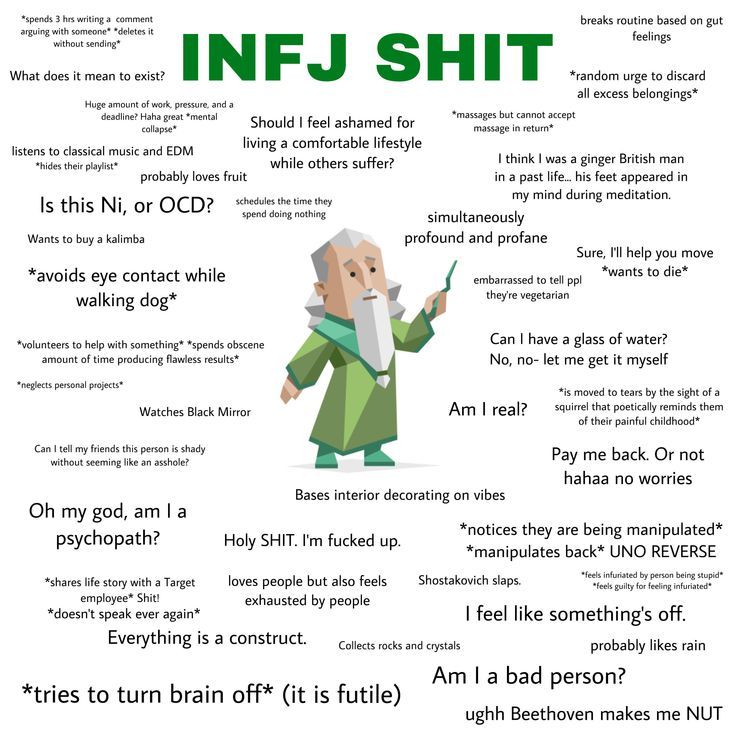 In this case, another family member can become a third party, who does not give in to manipulation, knows how to keep boundaries and put the child in his place. nine0003
In this case, another family member can become a third party, who does not give in to manipulation, knows how to keep boundaries and put the child in his place. nine0003
7. Any kind of physical activity directs the energy of such a child in the right direction. Oriental martial arts such as taekwondo, jitkungdo, swimming, yoga for children, acroiga, gymnastics, dancing are especially useful for such children. As early as possible, involve such a child in a suitable sport or other hobby that will occupy and develop the child. Such children are prone to risk, need adrenaline more and more often than ordinary children. Therefore, they need to learn how to perfectly control their body, all muscles. nine0003
8. These special children often look like aliens or robots programmed to destroy. Find and involve them in activities where their destructive impulses will be realized for peaceful and creative purposes. For example, exhaust a carpet, rug, pillows on the street. Or tear and cut into rags old worn clothes. Imagine, such activities depend on the conditions in which you live and what you do. Such children are the first contenders for membership in the next fight club. So that it doesn't come to bloody fights,0023 help them blow off steam in the play space.
Imagine, such activities depend on the conditions in which you live and what you do. Such children are the first contenders for membership in the next fight club. So that it doesn't come to bloody fights,0023 help them blow off steam in the play space.
9. Very rational people with developed logic will grow out of such children in the future. Along with the development of their logic, help them develop their imagination, creative thinking. Drawing, modeling, playing in burim and any other creative processes.
10. Learn with these children to express their feelings and emotions and speak honestly about them. Real events: shows, parades, performances, acting studios are a great way for children to transform any kind of negativity. nine0003
11. And the most important recommendation - NEVER, UNDER ANY CONDITIONS, TREAT SUCH A CHILD . As soon as you start to beat or humiliate such a special child, you open a Pandora's box that no one can ever close. The genetic predisposition to psychopathy is not a sentence, but just a well-prepared ground for the manifestation of cruelty. Any evil, intentionally, or even unintentionally, inflicted on such a child sets off a chain reaction of his retaliatory evil actions. Then such a child will live without brakes. Being cruel to him will immediately make him cruel to other living beings, especially humans. nine0003
The genetic predisposition to psychopathy is not a sentence, but just a well-prepared ground for the manifestation of cruelty. Any evil, intentionally, or even unintentionally, inflicted on such a child sets off a chain reaction of his retaliatory evil actions. Then such a child will live without brakes. Being cruel to him will immediately make him cruel to other living beings, especially humans. nine0003
A striking example is the serial maniac Vasily Kulik. From birth, he seemed to be a fiend of hell. Both parents severely punished him for his childhood cruelty. Evil has grown exponentially. Kulik became a doctor, worked in an ambulance. The brain refuses to accept information about what Vasily subsequently did with his victims.
Adult child - sociopath / psychopath / narcissist - separate from yourself and live your own life. Blaming yourself for his diagnosis is pointless, useless and even harmful. Such children are usually quite smart, rational, cunning, they will definitely be able to support and feed themselves.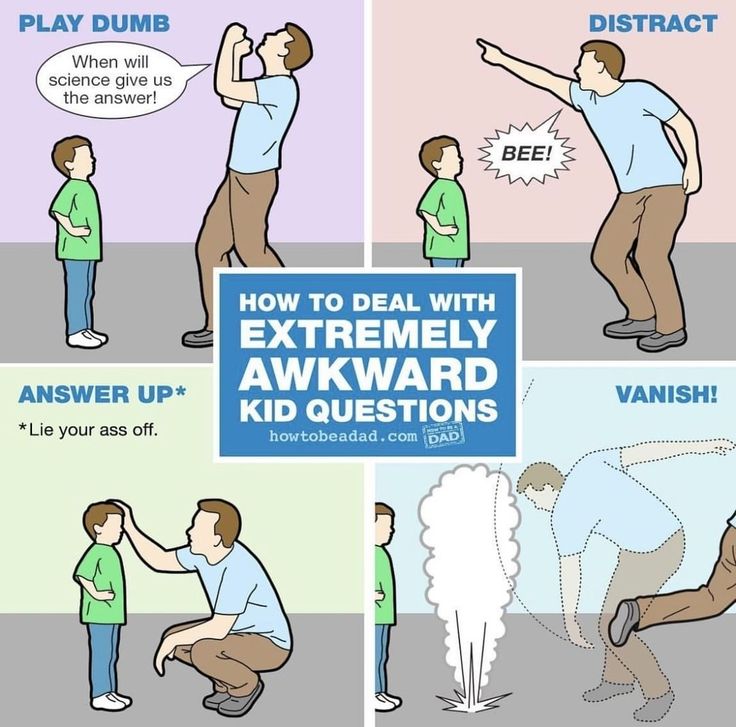 Perhaps even much better than you can do. nine0003
Perhaps even much better than you can do. nine0003
Each case may have its own characteristics, difficulties and insights. Treat such a child as a challenge in your destiny, which will help you behave impeccably and become a mature, wise and adult person. Fortunately, there are examples in the world when diagnosed psychopaths become socially adapted, completely safe and good people, and this is the undoubted merit of their parents. But even if you didn't succeed, accept any choice of your matured child, who realizes his right to become a predator, if he was born that way. nine0024
Return to "Blog"
How to identify a psychopath child? 15 Common Traits and Treatment
No one wants to think that their child could be the next Andrey Chikatilo. This is one of the biggest fears a parent can have. Raising a psychopath is one of the nightmares for any parent, but there is nothing that some can do. Often children exhibit psychopathic behavior even in a loving environment. Parents can create or break a child's psychopathic tendencies, but in many cases these prerequisites are caused by a chemical imbalance in the brain. In most cases, parents have done nothing to provoke the child into such behavior and when they see this, they do not know what to do. nine0003
This is one of the biggest fears a parent can have. Raising a psychopath is one of the nightmares for any parent, but there is nothing that some can do. Often children exhibit psychopathic behavior even in a loving environment. Parents can create or break a child's psychopathic tendencies, but in many cases these prerequisites are caused by a chemical imbalance in the brain. In most cases, parents have done nothing to provoke the child into such behavior and when they see this, they do not know what to do. nine0003
Parents tend to think that their child is like a child. Children play all the time and it is difficult to understand where the terrible behavior is, and where they just misbehave. There are several clear signs that a child may grow up to be a psychopath, but they are often ignored by parents. No one wants to think that their child is a future serial killer. Some of these 15 signs may seem relatively harmless, but if your child shows most of them, it's time to seek professional help.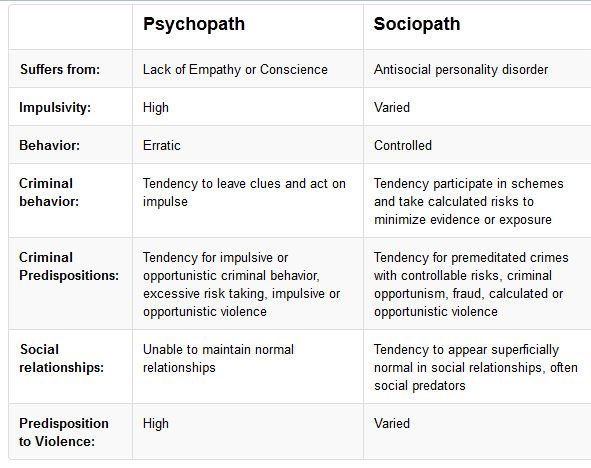 Specialists are trained to work with these children and it is important to get their help while the child's brain is receptive to the changes that are needed. nine0003
Specialists are trained to work with these children and it is important to get their help while the child's brain is receptive to the changes that are needed. nine0003
1. Breaking ground rules
Children break rules all the time. This is nothing new for parents around the world. Breaking the rules is a normal feature of becoming a person, whether a person is young or old. But when children violate them, such as running away from home or ignoring warnings from adults about certain things, their parents may have reason to worry. Rules are not always followed by young children, but there are things that children should not do or say. Most of them know that running away from home is a very bad thing to do. Those who ignore it are much more likely to grow up with disabilities. nine0003
2. Bullying
There is a stereotype that psychopaths are those who were bullied at school. A lot of movies show that a child who grows up to be a psychopath was teased for being different from others.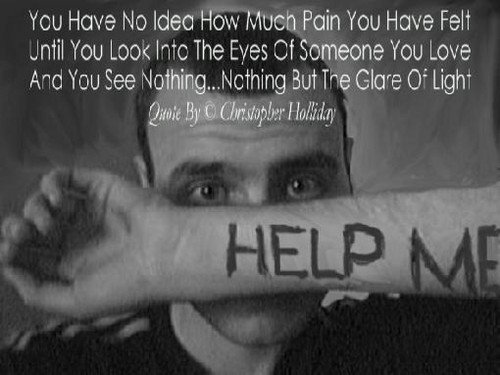 In fact, the opposite is true. Psychopaths often enjoy the feeling of harming others, and intimidation is the first step towards this. Young children do not bully as much as older children, so if a three- or four-year-old pushes and insults his friends, this may be cause for concern. There is a fine line between normal child behavior and behavior that parents should be concerned about, and bullying is one of them. If you notice that a child is different from other children, he may be a candidate for further monitoring. nine0003
In fact, the opposite is true. Psychopaths often enjoy the feeling of harming others, and intimidation is the first step towards this. Young children do not bully as much as older children, so if a three- or four-year-old pushes and insults his friends, this may be cause for concern. There is a fine line between normal child behavior and behavior that parents should be concerned about, and bullying is one of them. If you notice that a child is different from other children, he may be a candidate for further monitoring. nine0003
3. No guilt
Children spoil all the time. It doesn't really matter if your child breaks the rules as they have been known to test their parents. Problems arise when children do not have a sense of guilt if they did something wrong. Children are not as corrupted by society as adults. They are more innocent and feel guilty when they harm another person. If a child is told that he has hurt another, he should feel sorry for him. If he does not experience this, you need to contact a psychiatrist.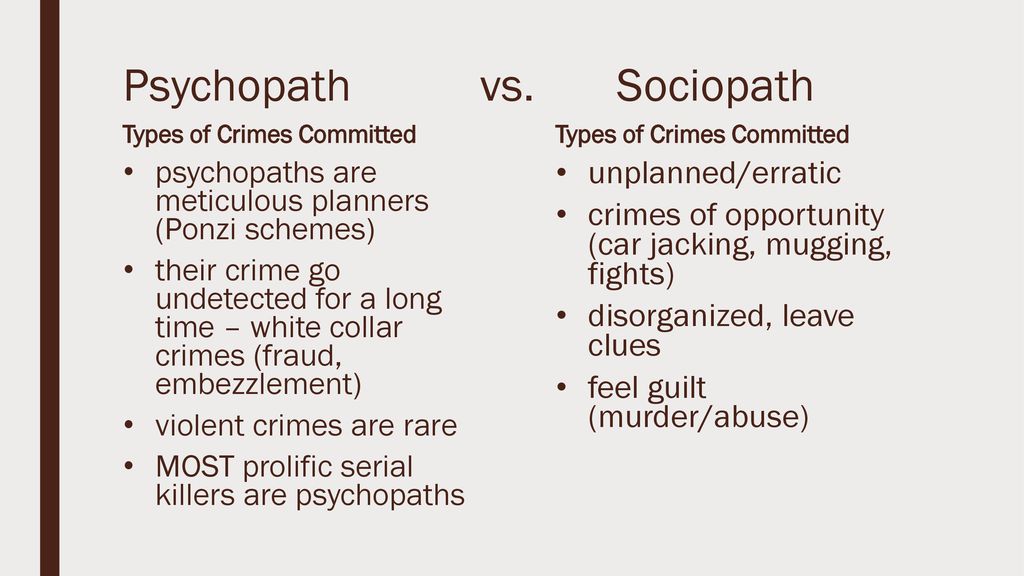 nine0003
nine0003
4. Ignoring feelings.
One of the key differences between a child who shows signs of a psychopath and a child who shows signs of autism is the ability to empathize. Children with autism cannot imagine how pain another person would feel. They can understand their own emotions, but not others. Psychopathic children are the opposite. They understand how the other person feels, they just don't care. The only person who is important to them is himself and the emotions of others have nothing to do with them. nine0003
5. No effort to make friends
Children who are at risk of becoming full-fledged psychopaths do not care about other people's feelings. They only care about their feelings, so they don't need any comrades. There are those who are really friends, but these relationships usually do not last long or have some kind of material benefit. There are children who have problems with friends, but there is no reason to think that they are psychopaths.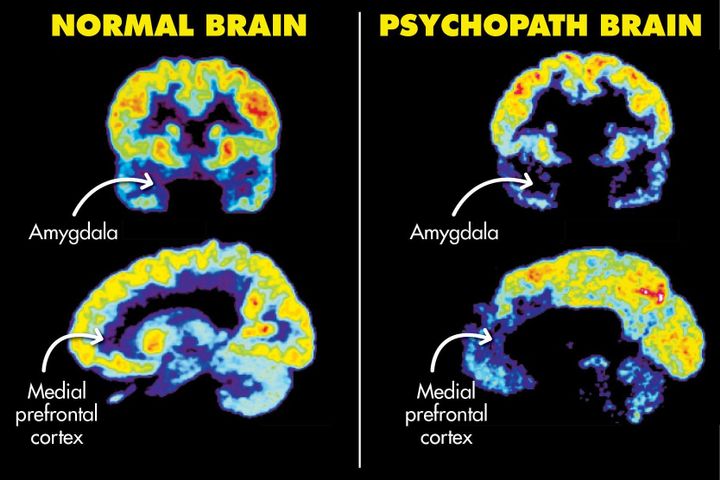 Psychopathic children usually don't have problems making friends, they just don't want to have them. The other kids try to befriend them but get scared off when they show their true colors. nine0003
Psychopathic children usually don't have problems making friends, they just don't want to have them. The other kids try to befriend them but get scared off when they show their true colors. nine0003
6. Manipulation
As mentioned above, psychopathic children do not have the same emotions as normal children. They may understand that their actions hurt the other person, but they don't care. They don't feel remorse like normal children and show emotions when it suits them. They force others to believe what they feel in order to reach their goal. This does not include children who whine to get a new toy or candy. This is normal child behavior. It's more about calculated emotional manipulation. And if a child has these signs, then this may be a signal of a big problem. nine0003
7. Aggressive behavior towards step-siblings
Physicians who study possible psychopathic traits in children often ignore sibling violence. They fight and it's just part of growing up. Brothers and sisters often express disregard for the feelings of another, but this is not a warning sign. But it's worth considering when a child expresses the same behavior on the playground. If he does this with several other children, especially those they have just met, this may be cause for concern. nine0003
Brothers and sisters often express disregard for the feelings of another, but this is not a warning sign. But it's worth considering when a child expresses the same behavior on the playground. If he does this with several other children, especially those they have just met, this may be cause for concern. nine0003
8. Blaming others for your actions
It is difficult for anyone to take full responsibility for their actions. Many adults struggle with this, and children do not deny that they shift the blame when it comes to punishment. There is a difference between an innocent accusation and behavior that can lead to a psychopathic diagnosis. Children who exhibit psychopathic behavior often blame other children and adults for mistakes they themselves have made. This is hard to distinguish from normal childhood antics, as children will always blame their siblings. Many children are responsible for what they have done, and children with a psychopathic diagnosis do not take it upon themselves.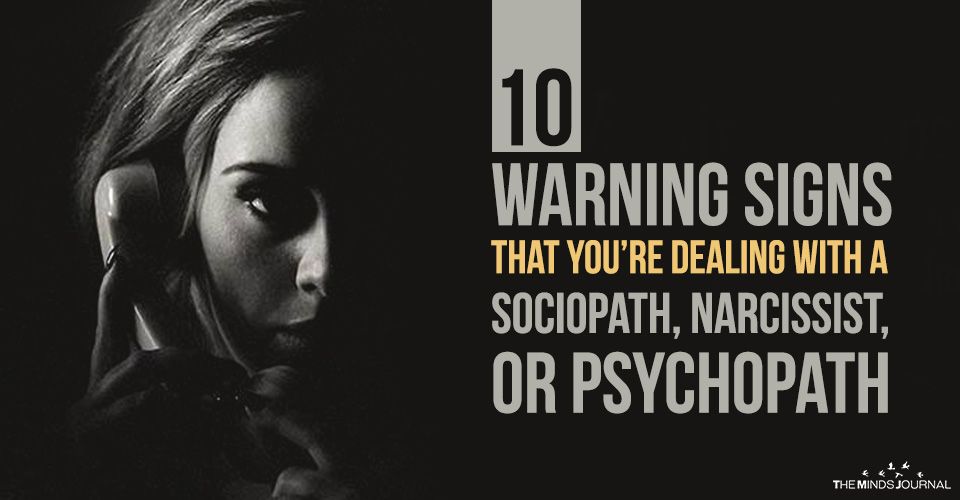 nine0003
nine0003
9. Very responsive to rewards
Most children are motivated by rewards for doing something, and for children with psychopathic behavior this is the only way to be motivated. These children are often only interested in an activity or task if they are rewarded with something. This kind of motivation is also not restrained by other people's feelings. If the child knows that he is going to hurt another, but receives a reward for it, he will complete the task.
10. Theft
Stealing is one of the main telltale signs that a child is expressing psychopathic behavior. If he steals from other children or their parents, this is a serious crime. He does not care that he will upset someone and if he wants something, he will do it. Nobody wants their child to be a thief, and just because he stole something doesn't mean he's a psychopath. But if you do not pay attention to this, then growing up he will behave worse.
11. Do not take responsibility for failure
Children who express psychopathic behavior do not take responsibility when they fail, but blame others.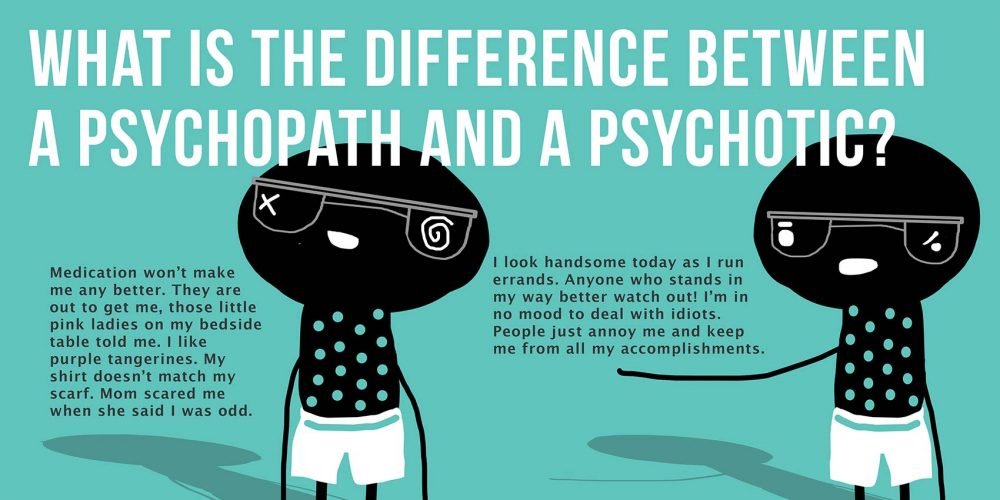 It's mostly about games and sports or anything else that requires teamwork. The psychopathic child will blame other people on his team if they lose, instead of admitting their role in the failure.
It's mostly about games and sports or anything else that requires teamwork. The psychopathic child will blame other people on his team if they lose, instead of admitting their role in the failure.
12. No fear
Children with inclinations show much less fear in the face of danger. They take risks more often, a high fall does not scare them. As they age, their risks become more tangible and carry higher stakes. A child who likes to climb trees or ride a skateboard may not be deficient. But if he takes unnecessary and unreasonable risks, then there is cause for concern. nine0003
13. Negligence
Children usually crave the approval of their parents and other adults. They like to be told that they have done a good job and see the result of their hard work. Children with disabilities do not care about this. Whether it's sports, school, or extracurricular activities, they show a complete lack of interest. Although the goals are achievable and children are able to achieve them, they are simply not interested in it.